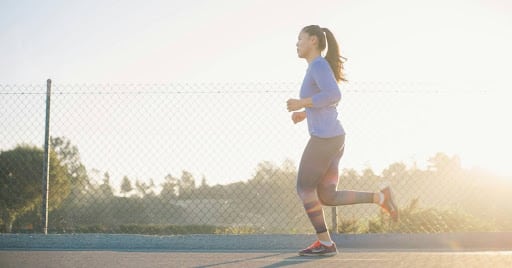 Both yoga and Pilates offer benefits for the body, including building strength, flexibility and balance. Although they are similar in their use of mat work and stretching exercises, yoga and Pilates are quite different. Some of the differences are explored below.
Both yoga and Pilates offer benefits for the body, including building strength, flexibility and balance. Although they are similar in their use of mat work and stretching exercises, yoga and Pilates are quite different. Some of the differences are explored below.
Yoga
Yoga originated in India more than 5,000 years ago. Today, there are dozens of types of yoga, including Integrative Yoga, often used as complementary therapy for those managing chronic illness or disease. There is Jivamukti, which is a kind of power yoga that is meditative and physically challenging. Anusara is based in the belief of the basic goodness in all people and uses postures that challenge the body and mind. And Ashtanga yoga, a popular form that focuses on sequential postures and the breath.
For many people, the appeal of yoga is the spiritual or meditative aspect it offers. Yoga encourages practitioners to explore the connection between body, mind and spirit and to use the discipline developed on the mat to manage stress and boost well-being off the mat.
Pilates
Developed by Joseph Pilates, the practice is less than a century old. Relatively young compared to yoga, Pilates developed the practice with a focus on strengthening the core and elongating the spine. Much of the work of Pilates involves resistance. Practitioners develop balance, strength and a leaner look by working through mat exercises and machines designed specifically for the practice. When you consider the dozens of poses, types and sequences offered with yoga, it is easy to think of the practice as much less defined and narrow than Pilates.
 Although there is no spiritual or meditative component with Pilates, the mind is involved. Practitioners build focus, concentration and discipline required to complete the very precise moves.
Although there is no spiritual or meditative component with Pilates, the mind is involved. Practitioners build focus, concentration and discipline required to complete the very precise moves.
Many fitness centers offer yoga and Pilates. Try a couple of classes or even videos to find what works best for your body. For example, some dancers have enthusiastically turned to Pilates to strengthen and lengthen. Some runners have looked to yoga for a boost on the track. If you have back trouble either practice could work for you; just be sure to talk with your healthcare provider before you get started. If you have anxiety, insomnia or stress, yoga may be the best choice. Check it out for yourself. You may even be able to find a class that combines some movements from both practices to help you meet your overall fitness goals.


